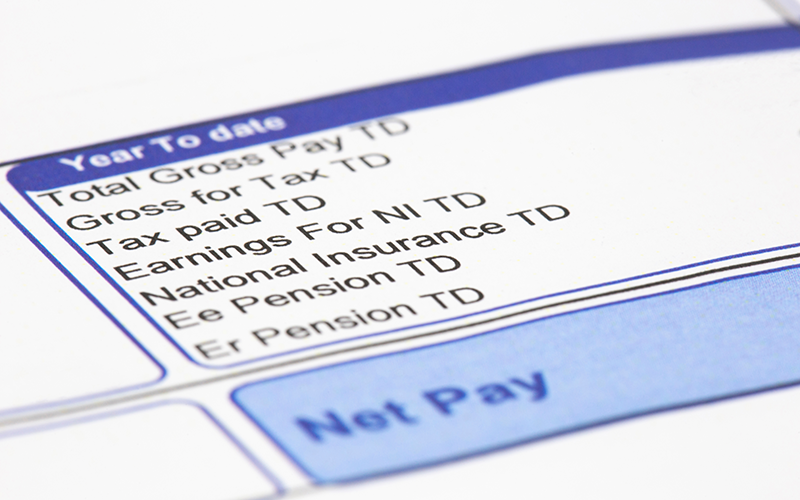By Richard Johnstone | 28 June 2011
Local government pensions will be reformed on a different basis to other public sector schemes, ministers have confirmed.

Image | rigsbyphoto / shutterstock
A joint statement issued by Cabinet Office minister Francis Maude and Chief Secretary to the Treasury Danny Alexander said: ‘There are important implications for how the contributions and benefits interact... On that basis, we have agreed to have a more in depth discussion with local government unions and the TUC about how we take these factors into account.’
This concession on the LGPS was welcomed by Unison, the biggest local government union. A spokeswoman said: ‘This is what we have been arguing for as [the LGPS] does have a different make up. It’s a fully funded scheme that has investments in the London Stock Exchange so we were arguing that it should be treated differently.’
Sir Merrick Cockell, the new chair of the Local Government Association, also backed the decision. He said: ‘The LGPS is unique in the public sector due to its £140bn worth of assets and investments which make it much more like a private pension scheme. We are pleased the government has recognised that difference.
‘We will continue to argue strongly against a sizeable increase in worker contributions on the grounds that it could lead to employees opting out of the scheme. This would endanger the viability of a scheme which is helping 1.9 million people save toward their retirement and reducing reliance on state means-tested pensions.’
Mike Taylor, chief executive of the London Pensions Fund Authority, said he was pleased that the government had listened and acted.
'Firstly, with funded schemes [such as the LGPS], it is not a simple case that increasing employee contributions automatically brings down those of the employers,' he said.
'Secondly although we do not disagree that a rebalancing of risk and cost should happen, increasing contributions by such an amount in such a short time is a very blunt instrument when compared to other options available to a funded scheme.
Taylor echoed concerns about employees opting out of the LGPS if contribution rates rise too high. This could lead to employer contribution rates increasing to compensate, the opposite of the intention of the government's reforms.
Speaking to the LGA conference today, David Cameron (who is the first serving prime minister to address it) said that the public sector pensions system was ‘in danger of going broke’‚ if there wasn’t reform.
He said to the unions that are striking on Thursday: ‘These strikes are wrong for you, for the people you serve, for the good of the country.’
The prime minister added that increasing life expectancy meant it was 'responsible' to ask people to work for longer.
Yesterday’s meeting failed to avert strikes planned for later this week. Following the meeting, the Association of Teachers and Lecturers, the National Union of Teachers, the University and College Union and the civil service Public and Commercial Services union all confirmed that their strike would go ahead.
ATL general secretary Mary Bousted said: ‘The government has failed to produce any evidence to contradict the conclusions of the National Audit Office and the Public Accounts Committee that changes made to the scheme in 2007 are working well and have solved the issue of people living longer.’
The PCS branded the negotiations ‘a farce’. General secretary Mark Serwotka said the government had ‘shown no interest in actually negotiating on any of the key principles’ in ‘a dispute that is entirely of the government's making’.





















